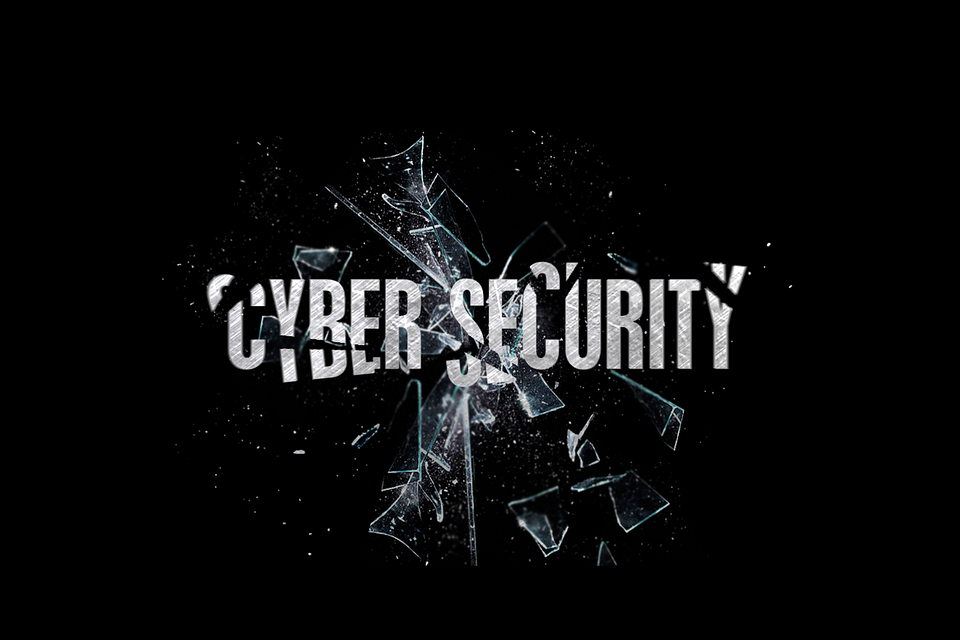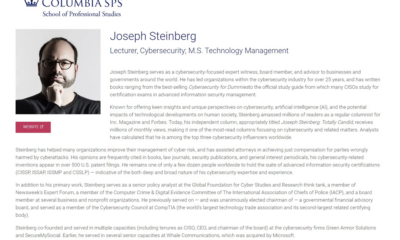What Exactly is CyberSecurity?
CyberSecurity.
The word may sound simple enough to easily define; but, in reality, it is not.
From a practical standpoint, cybersecurity means quite different things to different people in different situations, a phenomenon that leads not only to extremely varied cybersecurity policies, procedures, and practices, but also to different understandings of the word cybersecurity itself.
Technically speaking, cybersecurity is the subset of information security that addresses information and information systems that store and process data in electronic form, whereas information security encompasses the security of all forms of data (for example, securing a paper file and a physical filing cabinet).
That said, in today’s world, the delimitation between physical data stores and electronic data stores is often not clear or absolute; many people, therefore, colloquially interchange the two aforementioned terms, and refer to elements of information security that may not officially fall under the realm of cybersecurity as still being part of the latter.
Either way, cybersecurity is clearly a topic of importance in the modern world. People sometimes explain the reason that cybersecurity is important as being “because it prevents hackers from breaking into systems and stealing data and money.” But such a description both oversimplifies what the word cybersecurity actually means, as well as dramatically understates the role that cybersecurity plays in keeping the modern home, business, or even world running.
To read the full article that I wrote on this topic, please see What is Cybersecurity? published by Wiley as a free accompaniment to the book Cybersecurity For Dummies.













 CyberSecurity for Dummies is now available at special discounted pricing on Amazon.
Give the gift of cybersecurity to a loved one.
CyberSecurity for Dummies is now available at special discounted pricing on Amazon.
Give the gift of cybersecurity to a loved one.